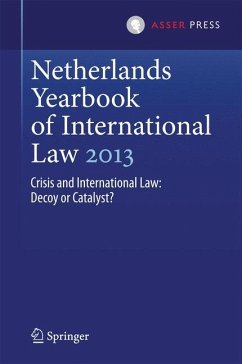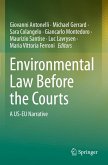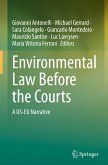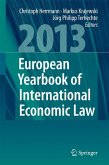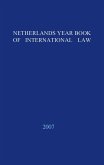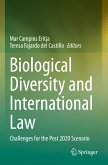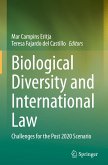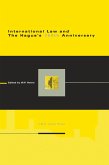The combination of the words 'international law' and 'crisis' is intriguing and leads to a number of questions. How does international law react to crises and what are the typical conditions under which the term 'crisis' is invoked? Is international law a vivid field of law due to and thanks to crises? Are parts of international law maybe in crisis themselves? To what extent has the focus on crises taken away attention from important legal questions in the day-to-day application of international law? And does the focus on crisis undermine analytic progress amongst scholars, who might think about crises as being something completely new, asking for new answers while ignoring the relevance of the existing 'international law acquis'? This volume includes eight articles, in the domains of human rights law, migration law, environmental law, international criminal law, WTO law and European law, reflecting upon these pertinent questions, basically asking: do international lawyers do thethings right or do they the right things? The Netherlands Yearbook of International Law (NYIL) was first published in 1970. It offers a forum for the publication of scholarly articles of a more general nature in the area of public international law including the law of the European Union.
Bitte wählen Sie Ihr Anliegen aus.
Rechnungen
Retourenschein anfordern
Bestellstatus
Storno

